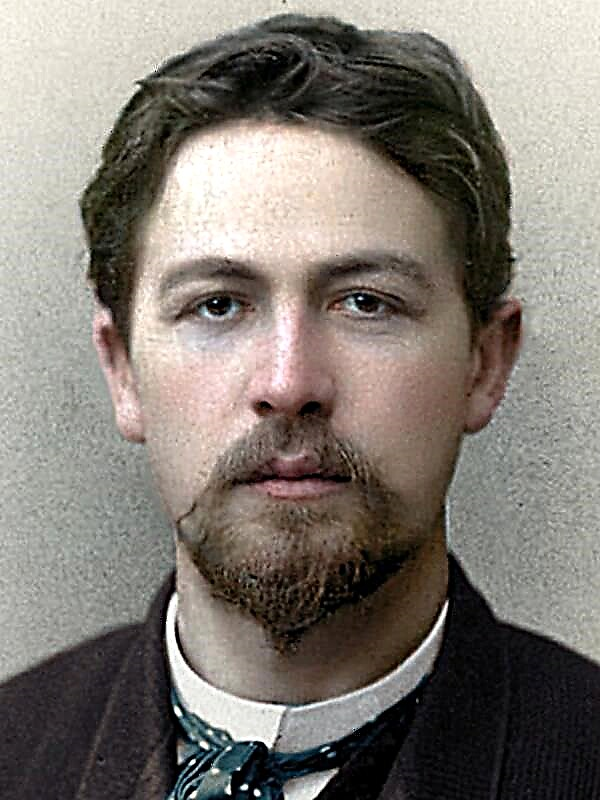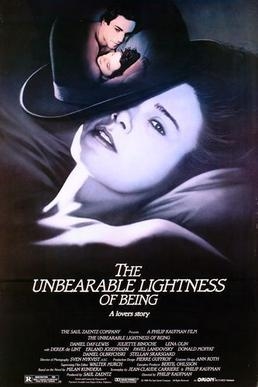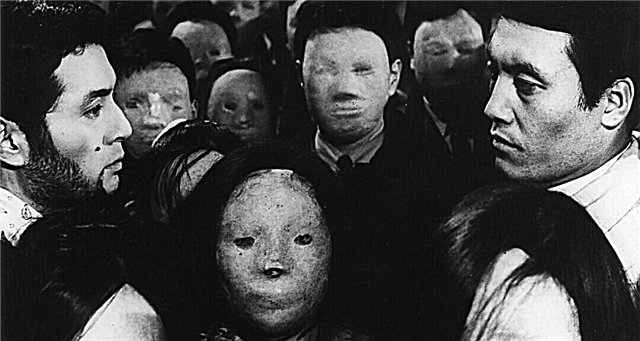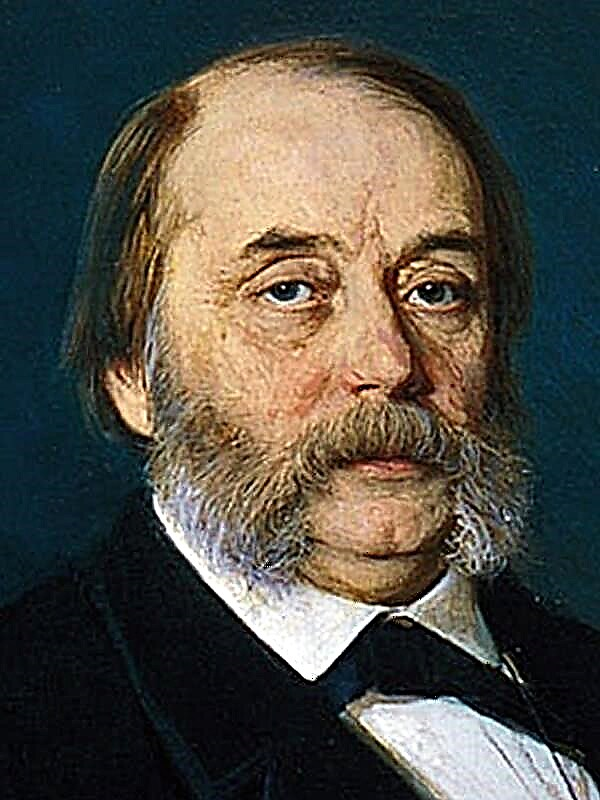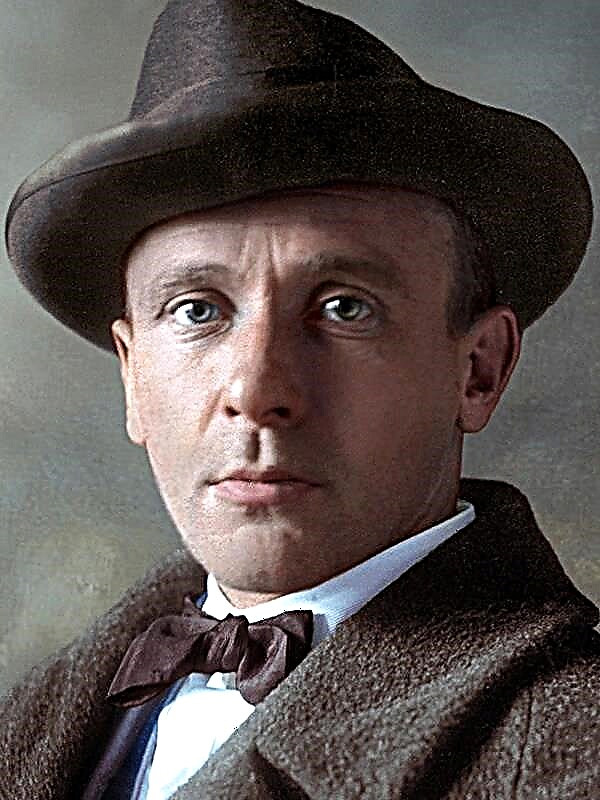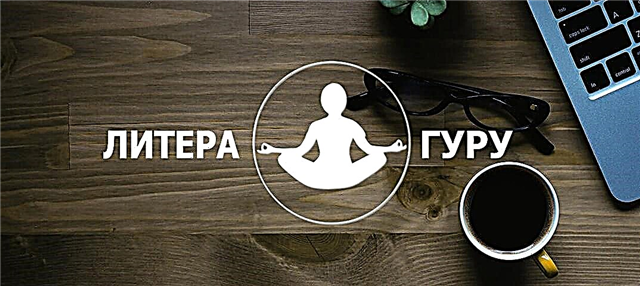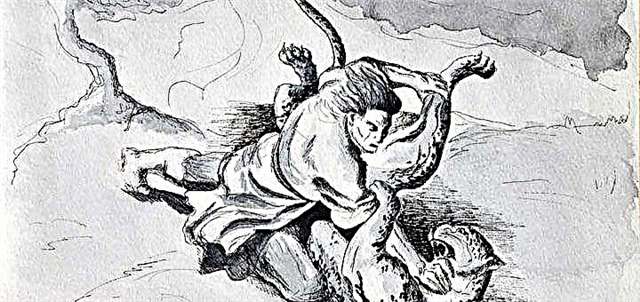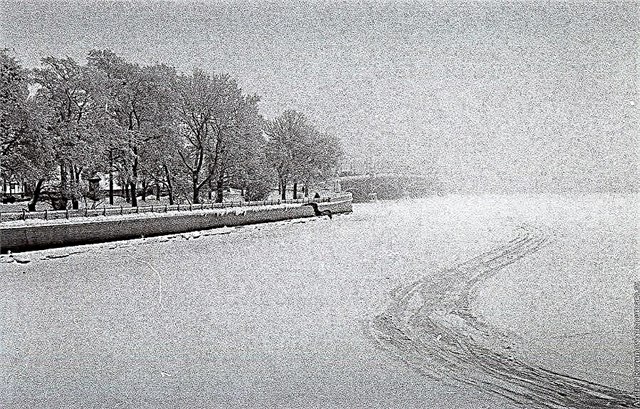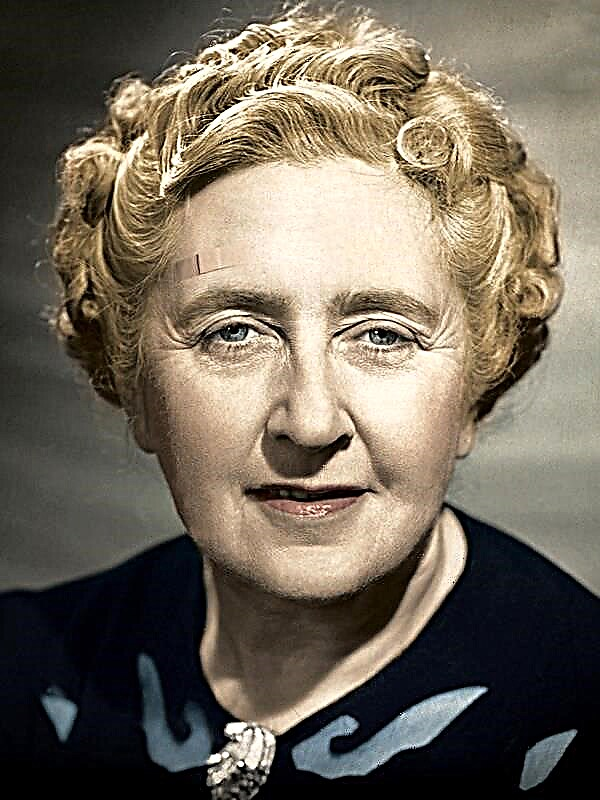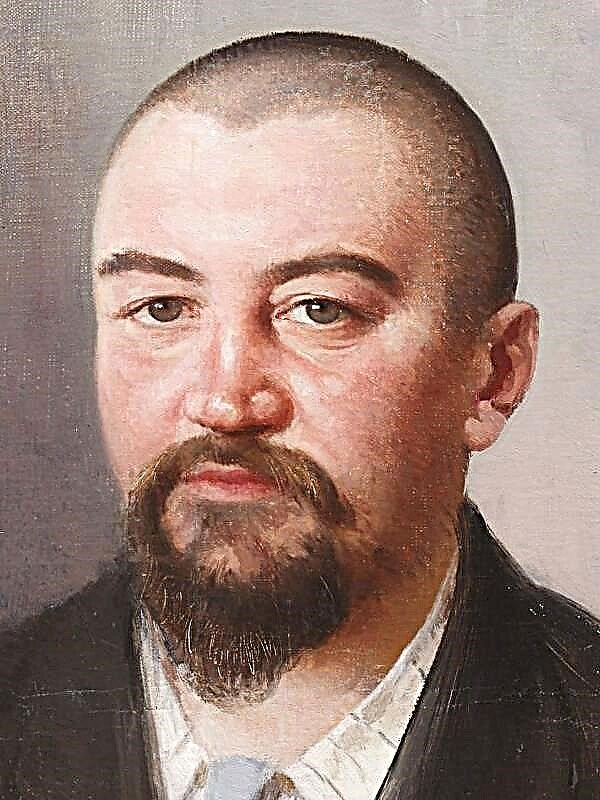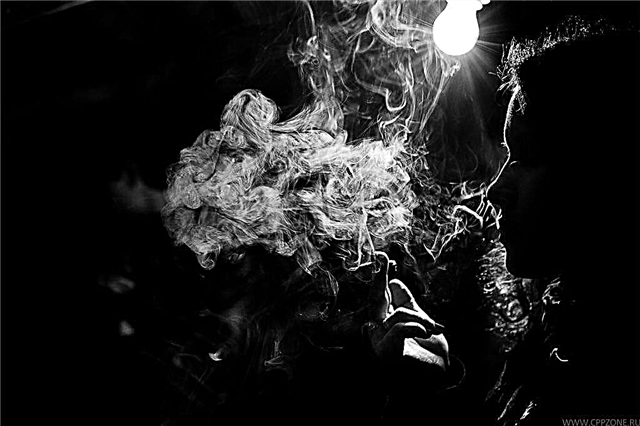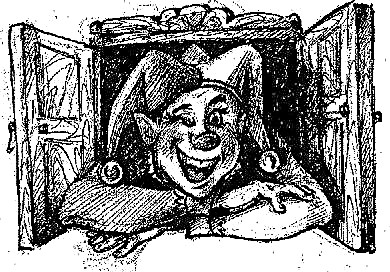: The ideal structure of Utopia Island, where money and private property are abolished, and rulers are chosen by citizens, is opposed to the European powers of the 16th century, where wars are being waged for foreign lands.
The book begins with a kind of introduction - a letter from Thomas More to his friend Peter Aegidius with a request to read Utopia and write if any important details have eluded Mora.
First book
The narrative is on behalf of Thomas More. He arrives in Flanders as an ambassador and meets Peter there. He introduces a friend to the experienced navigator Raphael, who traveled a lot. Raphael, having learned many of the customs and laws of other countries, identifies those that can be used for the good in European states. Peter advises the seafarer to use his knowledge, taking a job as an adviser to the sovereign, but he does not want to do this - the kings devote much attention to military affairs and seek to acquire new lands instead of taking care of their own. All advisers, as a rule, support the lord in this, so as not to spoil their reputation and not fall into disgrace. Raphael condemns the war and considers it meaningless.Petty theft and murder are punished equally: the death penalty. Rich people bathe in luxury, spending their time in idleness, and ordinary people work hard, begging, which contributes to crime.
Each power considers it necessary to have an army and an unlimited amount of gold for the maintenance of the army, but war is necessary if only to give soldiers experience in the massacre.
As a true philosopher, Raphael wants to tell the truth, so you should refrain from engaging in public affairs. The sailor talks about the state, whose customs and laws appealed to him.
Second book
Utopia Island is named after the founder of this state, Utopa. The island has fifty-four cities. Morals, institutions and laws are the same everywhere. The center is the city of Amaurot. Fields are evenly distributed between all areas. Every two years, urban and rural residents change places: those families who have not worked here arrive in the villages.
Amaurot is surrounded by a deep moat, loopholes and towers. It is a clean and beautiful city. Near each house there is a beautiful garden. Private property is so abolished that every ten years, Utopians by lot change their homes.
Every thirty families choose a philarch (or syphogrant), and over ten philarchs and their families there is a protophilarch (or tranibor). All two hundred protofilarchs choose the prince who runs the country. He is elected for life. In other positions, individuals change annually.
All men and women in the country are engaged in agriculture.In addition, everyone learns some kind of craft, which is inherited. If someone does not gravitate to family business, he will be transferred to a family that is engaged in the necessary craft. The working day lasts six hours. Free time, as a rule, devote to science or their business. The most diligent in the sciences are advancing into the category of scientists. Of these, the clergy, ambassadors, tribranes and the head of state, Adem, are chosen.
During work, the Utopians are dressed in skins, they walk in the streets in raincoats (cut and color are the same throughout the island). Each has one dress for two years.
Families obey the oldest. If cities are overpopulated, then Utopian citizens are resettled in colonies, and vice versa. In the center of each city there is a market where goods and food are transported. Everyone there can take as much as they need: everything is in abundance. The palaces gather all siphrantia for public lunches and dinners.
Utopians can move between cities with the permission of the triborians and siphogrants. For the arbitrary movement of the utopian will be punished, with repeated violation - slavery.
Everything necessary in Utopia is in such quantity that part is given to the poor of other countries, the rest is sold. Utopians use money only in foreign trade and store it in case of war. They despise gold and silver: slaves are shackled in shackles made of these metals, the Utopians do not use it at all. Gemstones serve as toys for children. Growing up, they leave them.
In science and art, Utopians have reached great heights.If foreigners are staying with them, the citizens of Utopia get to know their culture and sciences in detail, quickly comprehend and develop them.
The life of the Utopians consists of the virtues and pleasures of the body and spirit. Relations are built on honesty and justice, citizens help the weak and take care of the sick. Health is one of the main pleasures, beauty, strength and agility are also appreciated.
They turn into slavery for the shameful act of Utopians or representatives of other peoples sentenced to execution. Slave labor is more beneficial than execution.
The seriously ill are given the right to end their torment: after all, life is pleasure, such an act is not considered a sin. Adultery is heavily punished.
The Utopians consider the war atrocities, so for victory, first of all, they use cunning, bribing the close sovereign-enemy, and so on. If this method does not help, they rely on military battles. Utopians hire foreign soldiers and pay them generously. Their citizens are placed only in leadership positions. They can go to war to protect oppressed peoples, but they never allow battles on their lands.
In Utopia, citizens freely choose any religion. No one has the right to try to forcibly convert another to their faith or to humiliate a non-Christian. Most believe in one god, they call him Mitro. No one is afraid of death: a new, happier life promises a meeting with God.
Priests are held in high esteem not only among the Utopians, but also among other nations. They are also elected by the citizens of Utopia, women can be elected.Priests are not subject to trial. They can even stop the battle and save the losers, including opponents of the Utopians.
Raphael ends the story, and Mor, noting his fatigue, hesitates to speak out about the absurdity of certain Utopian laws.

